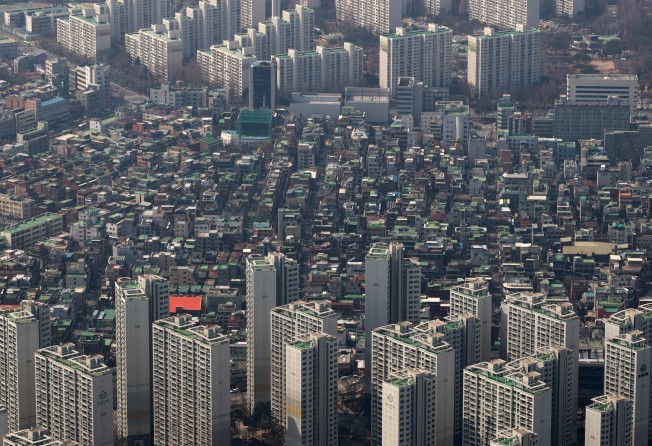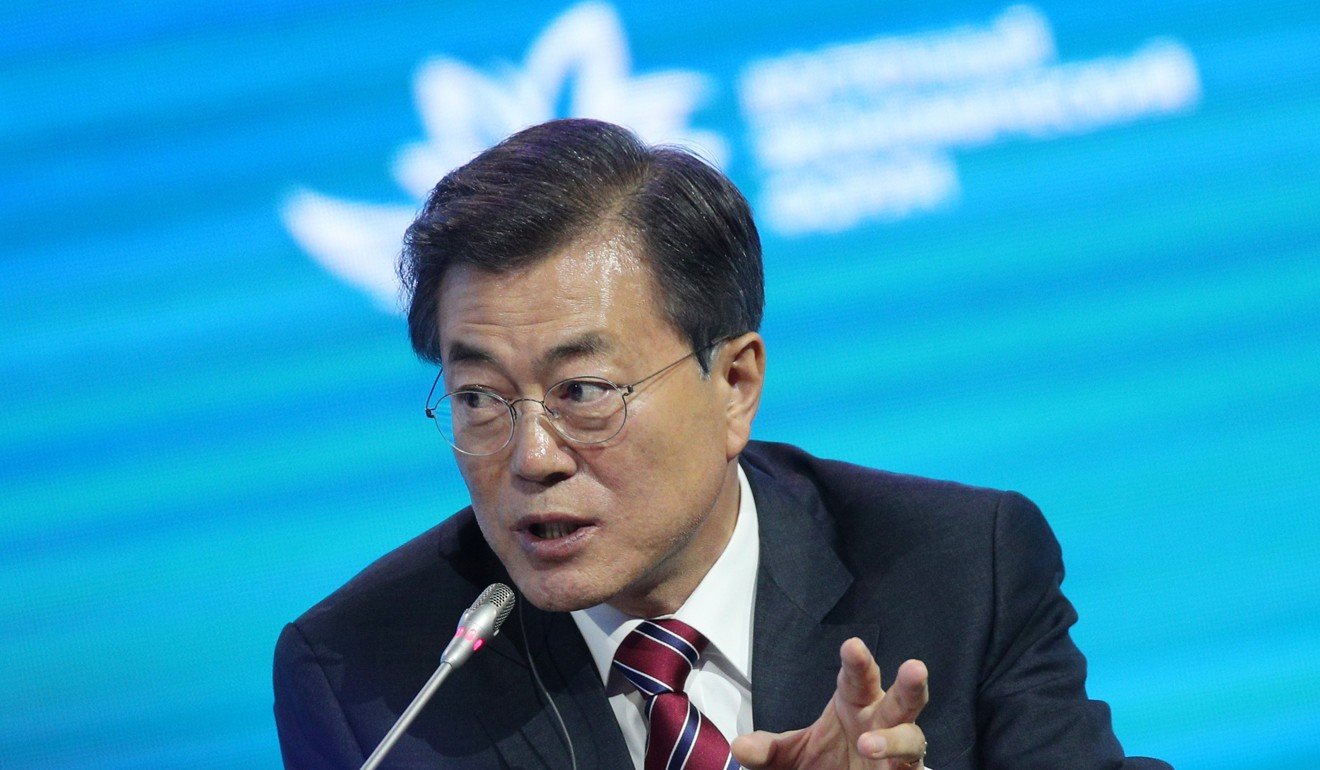South Korea mulls property tax hike to curb price rises
Earlier measures – including levying heavy capital gains taxes on those who have invested in multiple homes and restricting mortgages – have not been effective

After the South Korean government hinted that property taxes will be raised on real estate investors, the market is examining various scenarios of the tax revision.
During a briefing on economic policy directives for 2018, finance minister Kim Dong-yeon said the government would comprehensively consider diverse factors such as equity in taxation.
“Since tax revision has a huge impact, it is crucial to have a discussion. We will prepare measures after gathering diverse opinions through a special committee,” he said.
The official tax hike plan on homeowners is expected to be unveiled in August when the government announces its tax revision plans.
Raising property taxes has been regarded as the government’s last hidden card to stabilise housing prices, as it has been cautious about the tax hike. Policymakers have been traumatised by tax hikes ever since they witnessed how the administration under President Roh Moo-hyun in 2003 to 2008, was damaged by “comprehensive real estate tax”.
The Roh administration, whose ideology the current administration under President Moon Jae-in has inherited, introduced the tax to curb soaring housing prices but ended up losing votes due to strong resistance from taxpayers who criticised it as a “tax bomb”.
With the housing market showing signs of overheating, the administration seems to be left with no option but the property tax hike.
Unlike previous administrations that tried to bolster the housing market to prop up economic growth, the Moon administration has declared war on real estate speculators. On August 2, it announced real estate stabilisation measures, which include levying heavy capital gains taxes on those who have invested in multiple homes on top of restricting mortgages.
However, it failed to curb flat prices in the capital city of Seoul. According to Korea Appraisal Board, prices in Seoul rose 3.82 per cent between January and November this year, picking up pace from the previous year. Prices rose steeply especially in the southern districts where high-priced flats are located.

He added that those who had invested in multiple homes in the provinces seem to be selling them to purchase one good apartment in Seoul instead, further inflating flat prices in key areas of Seoul. Following the August 2 measures, housing prices in Seoul rose 2.8 per cent, while prices in other regions rose a mere 0.7 per cent.
“If the polarisation continues, it will hinder the government’s real estate market stabilisation policies. It may have to boost the real estate market in the provinces,” he said.
If the polarisation continues, it will hinder the government’s real estate market stabilisation policies
Market watchers expect the Moon administration to target those who own multiple homes instead of raising overall property taxes since that would face strong resistance from homeowners.
On top of pressuring demand by raising property taxes, the government plans to stabilise the market by increasing the supply of new homes. According to the government housing welfare roadmap, one million homes will be supplied for the next five years through public sector companies such as the Korea Land and Housing Corporation. They will target newlyweds, young people and low-income households.